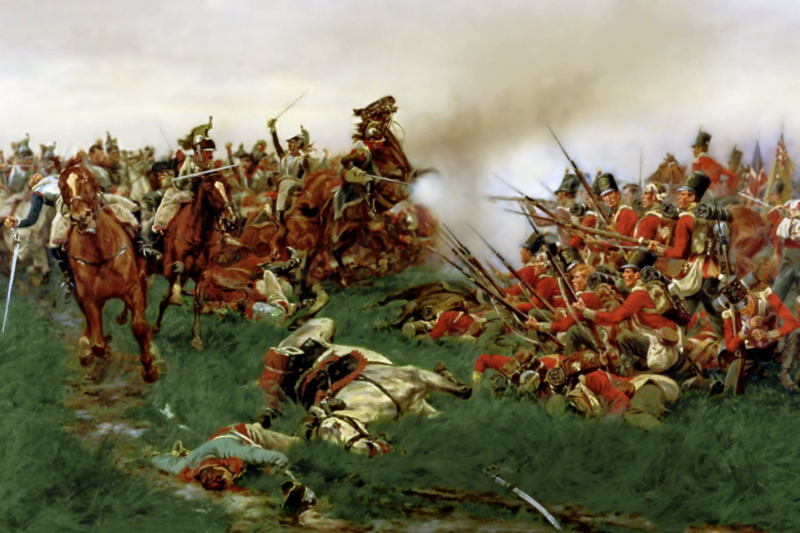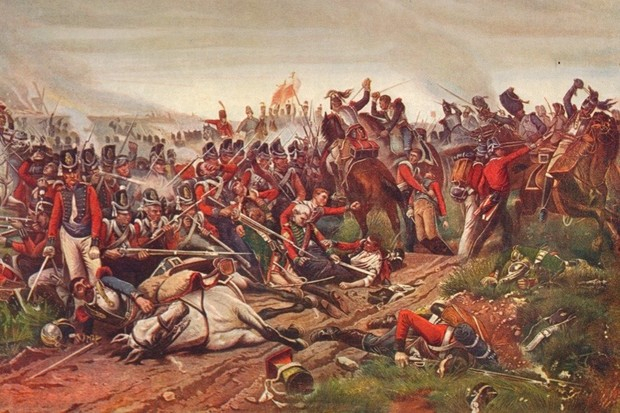Jane Mccrea's murder to tense the determination against Burgoyne
The use of Native Americans against the American army was a key component of Burgoyne's plan. Do you recognize this tactic from the American army's use of it against the Vietnamese during its invasion of Vietnam in the 20th century? The Native American army, however, opted to withdraw after the army he sent to fetch supplies from Vermont was ambushed and routed. In contrast, the American army he had to face was expanding as a result of requests from state governors and particularly as a result of the Jane McCrea case.
During the American Revolutionary War, a Native American warrior working with a British Army expedition led by John Burgoyne assassinated Jane McCrea (1752–27 July 1777), an American lady. Her death sparked enormous outcry in the Thirteen Colonies and was utilized by Patriots as part of their anti-British propaganda campaign because she was engaged to a Loyalist officer serving under Burgoyne. Due to the incident's widespread outrage and Burgoyne's failure to act against them, a growing number of people joined the army.
The news of her passing was widely publicized across the Thirteen Colonies, and journalists and historians routinely exaggerated the circumstances. The Saratoga campaign was unsuccessful as a result of the killing of McCrea, which also stoked American resistance to the British. Pantomimes, poems, folk ballads, and novels have all been written about McCrea, whose life and death finally became American mythology. Since her passing, her body has been excavated multiple times.







